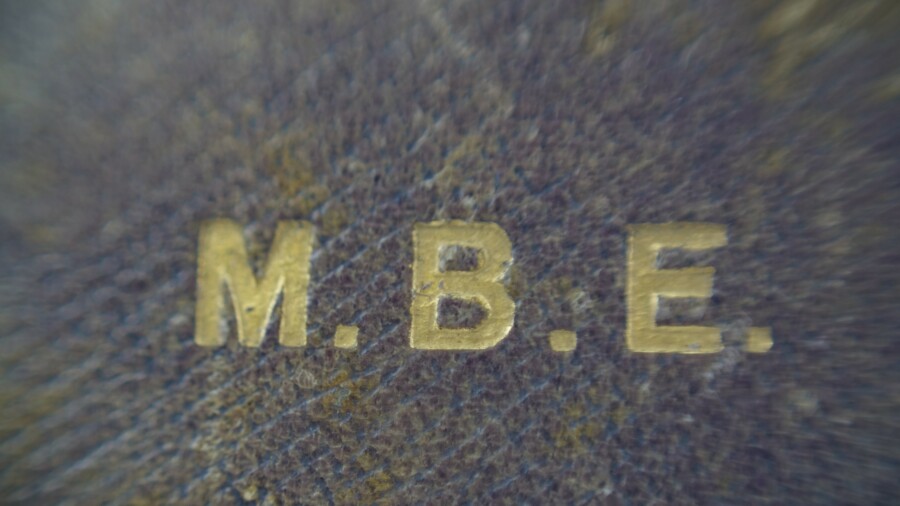The Catholic Church’s new mandatory reporting of abuse – is it enough?
Pope Francis has implemented new Vatican laws on the mandatory reporting of abuse within the Catholic Church and specifically, how the church must respond in relation to acts of abuse or omissions regarding allegations of abuse. To date, this is the furthest reaching rule on addressing sexual abuse within the Catholic Church and the Pope has specifically outlined the following conduct as now having to be mandatorily reported:
- “Performing sexual acts with a minor or a vulnerable person”
- “Production, exhibition, possession or distribution… of child pornography” and “the recruitment of or inducement of a minor or a vulnerable person to participate in pornographic exhibitions”
- “Forcing someone, by violence or threat or through abuse of authority, to perform or submit to sexual acts”
- Any acts or omissions by members of the Catholic clergy that are intended to interfere with investigations in relation to allegations of abuse within the Church.
Before this decree from Pope Francis, it had been left to the individual’s discretion as to whether or not to report allegations or suspicions of sexual abuse within the Catholic Church. This has previously led to the widespread covering up of abuse within the organisation over many years and it is estimated that thousands of individuals have been subjected to abuse by Catholic priests. The issue of abuse, particularly that of child abuse, within the church, is therefore not a new one – there have been countless media reports of serious and endemic abuse within the church and the Pope has been under increasing pressure to address this.
In summary, the new rules require the following action to be taken:
- All church officials are required to report abuse or a cover-up of abuse within the Catholic Church and those that do report such abuse are to be protected from reprisals or punishment in response to their reporting of abuse;
- When an allegation of abuse is reported, the Vatican must be immediately informed of this and respond within 30 days, confirming whether or not an investigation into the allegations are to continue. All investigations are to be completed within 90 days and, should they wish, survivors of the abuse reported are to be informed of the outcome of the investigation.
- If an allegation concerns the conduct of an Archbishop, the Vatican may replace that individual with another Bishop for the purposes of that investigation.
- Lay people may be included to assist with the investigation (however this decision is made by an assembly of Bishops in that regional area).
Despite these new rules, has Pope Francis gone far enough to protect individuals against abuse by Catholic clergy?
Most notably, the decree by Pope Francis does not extend to requiring the police to be notified. The Vatican has argued that the legal systems in different countries would make it impossible to impose mandatory reporting to the police and that if this was the case, may result in the persecution of Catholics. In my view the mandatory reporting of abuse constituting a criminal offence to the police or relevant authorities is absolutely necessary and without this, here is no guarantee that abusers within the Catholic Church will be held to account. There is a real risk that reports of abuse within the Catholic Church will remain behind closed doors and remain unpunished. Whilst a survivor of abuse may report abuse to the police themselves, they should be able to depend on their allegations being reported to the police if that is what they wish to happen.
Secondly, the ‘possible’ involvement of lay people in investigations is disappointing; having input from lay individuals – who are not part of the Catholic Church – will assist in ensuring transparency in investigations and that those individuals who do abuse their position within the Catholic Church are properly held to account. There is further concern that the exclusion of those from outside the Catholic Church means that allegations will not be thoroughly investigated and the true extent of abuse within the Catholic Church will not be widely known.
When considering this and the amount of time it has taken for Pope Francis to address abuse within the Catholic Church, his edict – although a step in the right direction – put simply, too little, too late.









